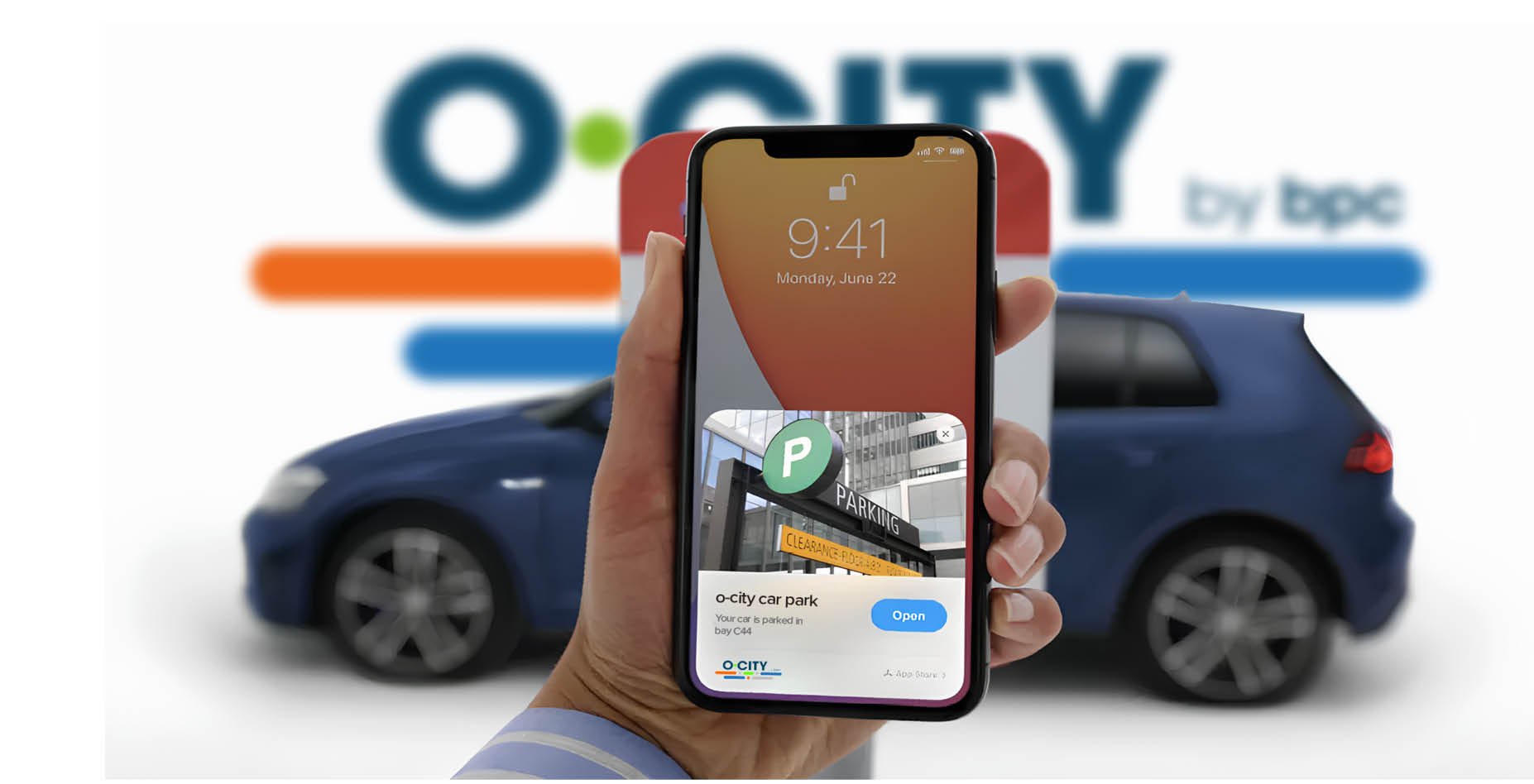Account-based ticketing as an entry point to smart city model
Card-based payments have become popular around the world. Digital transformation at city level is pushing businesses to use new methods of payments as a replacement for cash to increase convenience, safety and transparency.
The transition from cash to cashless is typically achieved through an evolution of payment mechanisms starting with magstripe cards and moving on to smart cards, other closed-loop cards, contactless bank cards, and finally an account-based approach.
The closed-loop approach is card-centric, meaning that information is stored on the card only and the loss of the card would mean the loss of the information - whether that is tickets, stored money, or personal information.
The open-loop account-based ticketing approach is different allows for the storage of information outside of the user’s card, maintaining valuable data such as personal information or liquidity securely on servers while allowing the use of various devices as ID or payment instrument, such as mobile phone, contactless card, wearable or NFC device.
Understanding account-based ticketing (ABT)
Account-based ticketing (ABT) on public transport is a way of storing and using data. With this approach, commuter data is kept on the secure servers of the system operator, including information on tickets, tariffs, and demographics. When data is stored this way it becomes much easier for the operator to adjust and monitor fares, segmentation and subsidies. This modern approach improves the flexibility of the system, making it possible to seamlessly adjust any parameters centrally without the involvement of the commuter.
Popular applications of ABT
The account-based ticketing approach is becoming increasingly popular among cities transitioning to the smart city model. According to the Global Mass Transit report 2020, more than 25% of the 500 cities analysed across the globe have introduced an open-loop account-based ticketing approach and more than 35% are planning to do so.
ABT provides travelers with flexibility of choice. They can get authorised through various media while maintaining a single account and paying for public services or transport via card, mobile or NFC device. It is widely combined with an open-loop solution and EMV technology, as it provides additional flexibility and security in alternative payment methods for commuters and operators.
The most popular practical applications of account-based ticketing are:
Bank card - the person may have an account with the bank, which is used on a daily basis. The transport operator modernises its transport route and allows payment to be made with a local or international scheme bank card. The scheme provider may set discounts on payment with its card to stimulate usage by the commuters, or local authorities - seeing the distribution of users on public transport - may allocate subsidies accordingly.
Mobile phone - the mobile phone is another popular application of ABT usage. By having an account and with all data stored on servers, the user can pay with a dedicated mobile application through any means supported by the application, including Google Pay, ApplePay, AliPay, Samsung Pay, QR-code, and WeChat.
Biometric - the user registers their account and scans their face or fingerprint - information which is stored on the central server of the system operator along with the connected bank account of the user. When the passenger uses the face scanner or fingerprint scanner to pay, the information is compared to the stored values and the payment is executed.
ID scans - ID scans can be used not only on public transport, but also in educational areas where students can use a mobile app or ID card to enter and use campus facilities. While the system is convenient for students, it also provides data to the administrator of the campus for further analysis.
Benefits of ABT
The implementation of contactless systems reduces journey times by speeding up boarding and payment validation in comparison to traditional fare collection. Moreover, ABT means customers do not have to worry about the security of their personal data and operations, while for the service provider it reduces costs of cash handling and improves fare management. For transport authorities, open secure data eases subsidy allocation and management, while for the financial sector the transition to open-loop and account-based payment is likely to drive demand for their digital products.
While account-based ticketing may sound like a technology of the future, it comes with many benefits, which all ecosystem participants should be looking at now. Here is the list of these benefits:
| Commuters | Transport operators | Banks | Authorities |
| Lost of card does not mean loss of money | Streamined operations | Drives demand for digital products | Easy subsidy management |
| Various payments methods | Easy integration of data | Loyality can be established | Settlements transparencey |
| Contactless and safe | Full interoperability | Improved safety and comfort in the city | |
| Account-based historical data | Easy fare management | Partner attractions | |
| Transparency of operations | Cost reduction |
If you are interested in account-based ticketing, speak to our experts now.


